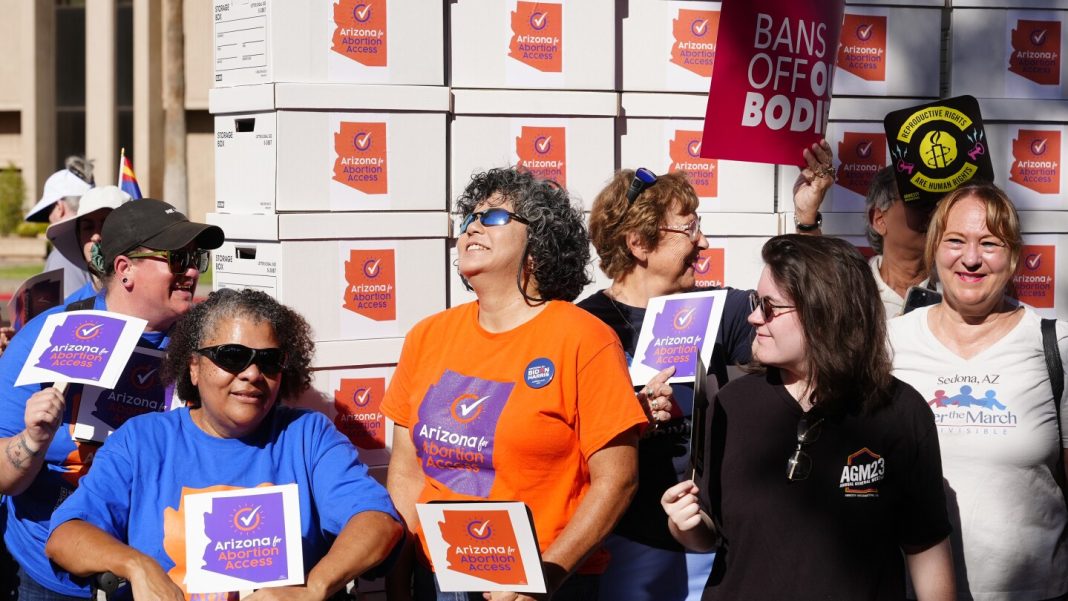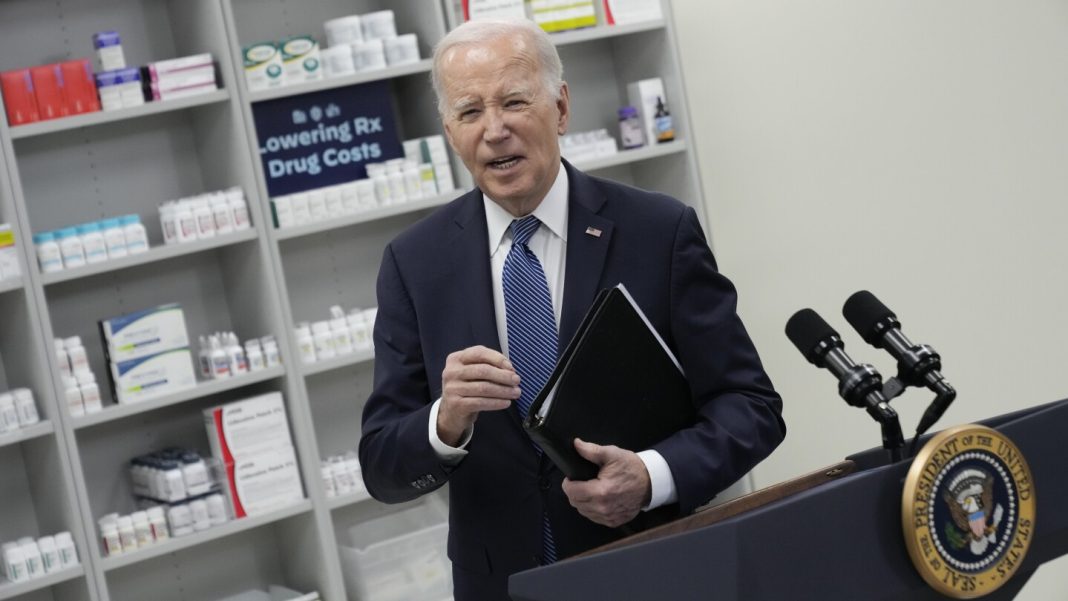LIMA, Peru (news agencies) — President Nicolás Maduro’s contested claim of victory in last month’s election not only threw Venezuela into uncertainty but also spread anxiety from neighboring Colombia to faraway Chile as the region braced for a new migration surge.
Over the past decade since Maduro became president, the United Nations estimates that a staggering 7.7 million Venezuelans have fled as the economy collapsed, sneaking across porous borders and crowding into nearby countries that increasingly fear they cannot accommodate another mass exodus.
Now, as the crisis over Maduro’s widely disputed reelection raises the specter of deeper global isolation in Caracas, pollsters, politicians and members of the diaspora warn that more Venezuelans are packing their bags.
“There were millions of Venezuelans who expected a political change in the country and who are now frustrated,” said Jesus Seguias, who leads regional pollster Datincorp. “They’re now caught in uncertainty, deciding whether to leave their country and join relatives who have already left.”
Along with the millions of Venezuelans who warily watched Maduro’s loyalists in the electoral council declare his victory were throngs of listless workers in the biggest open-air apparel market in Peru, which trails Colombia as the main destination for Venezuelan migrants.
“Everyone is worried because migrants are going to increase,” said 38-year-old seamstress Diana Yaranga, grumbling as another morning passed in a blur of plunging sales. She blamed her lack of customers on the arrival of Venezuelans, who account for more than 20% of the 100,000 vendors in the market, according to the local union.
“There will be a fight for jobs,” she said.
Hand-wringing among street vendors has extended to the highest rungs of government in Peru, Chile and Brazil, where authorities in recent days have increased border security to steel against newcomers as violent protests engulf Caracas.
“It’s not that a migratory flow will start now. What can happen is that it may increase and reach a larger scale,” said Interior Minister Carolina Tohá in Chile, which has strained to accept hundreds of thousands of Venezuelans in the last five years. “We must prepare.”
Chile’s interior ministry recently announced the acquisition of thermal cameras to track illegal migrant crossings. Last year the government dispatched armed forces to its border with Bolivia and Peru to curb migration through a perilous Andean pass frequented and is now considering sending reinforcements.
Backlash toward migrants has intensified in Chile, where in 2021 angry mobs torched a Venezuelan tent encampment in the country’s north, as well as in Peru and Ecuador, which have similarly tightened requirements for issuing tourist visas to Venezuelans.
Authorities in those countries now oblige most Venezuelans to present a passport and a clean criminal record, along with other hard-to-obtain paperwork.
But attempts to curb legal migration have done little more than encourage illegal migration, experts say.
“The immigrants are coming regardless,” said Cristián Doña-Reveco, a Chilean sociologist and immigration expert at the University of Nebraska. “When you’re trying to deter immigration by closing borders and by not providing safe ways for immigrants to apply for asylum, you’re increasing vulnerability, trafficking, dangers and migrant death.”
That’s the case farther north as well, where a growing number of Venezuelan migrants have trekked through the dangerous Darién jungle, which connects Colombia and Panama, to reach the United States.
“It’s a humanitarian alert, with all the drama that this implies,” said Colombian senator Angélica Lozano from the Green Party.
Organized criminal groups — such as Venezuela’s largest gang, the Tren de Aragua — have increasingly taken advantage of the migration surge, preying on the desperation of Venezuelan migrants across Latin America, half of whom cannot afford three meals a day, according to the U.N. refugee agency.
The notorious Tren de Aragua’s push into Chile, one of the region’s richest and safest countries, has transformed crime in the country and made security a top concern for Chileans.
The nation’s homicide rate nearly doubled in 2022 from the year before, shocking the country and prompting leftist President Gabriel Boric to boost security spending and take a harder line on immigration.
“The public perception of Venezuelan migration here has really worsened in the last years, especially as we have seen an increase of violent crime,” said Juan Pablo Ramaciotti, executive director of the Migration Policy Center, a Santiago-based think tank. “The most recent arrivals from Venezuela are not integrated into society.”




